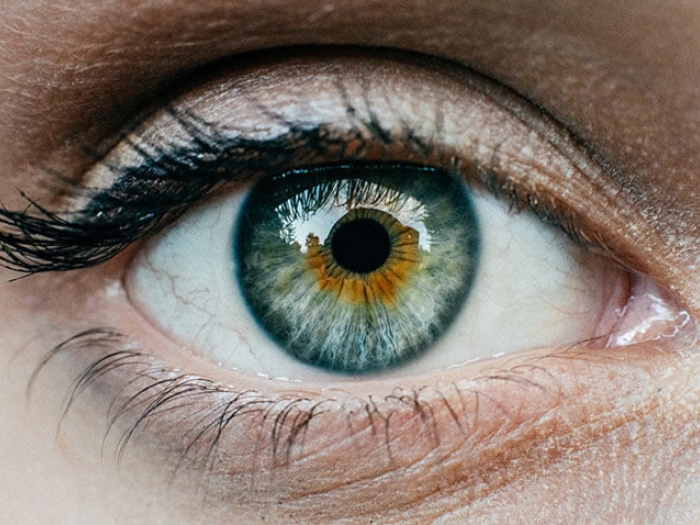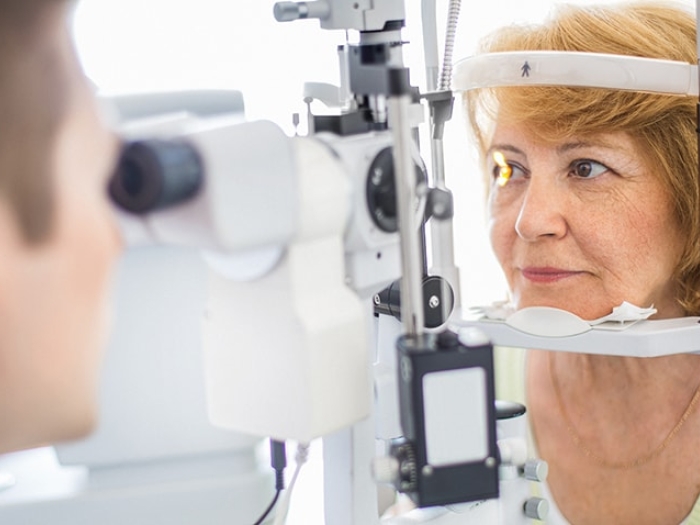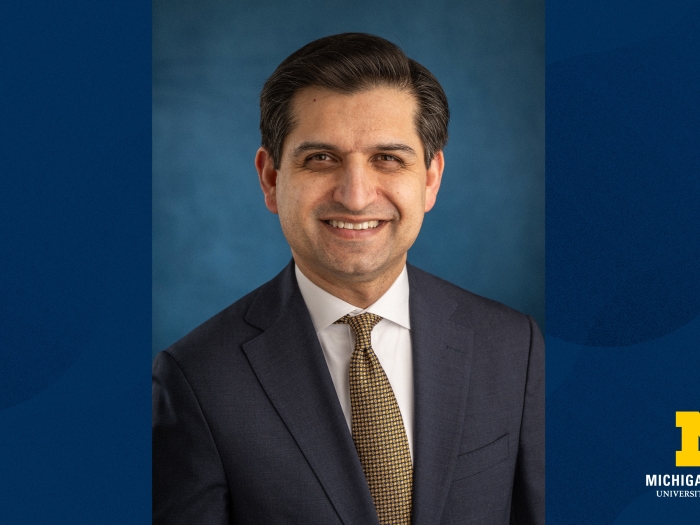Young people who squint or rub their eyes often could have deeper eye troubles. How to spot potential warning signs (and when to see an ophthalmologist).
1:00 PM
Author |

Uncorrected vision issues can interfere with a child's ability to learn, which might lead to academic struggles or behavioral problems.
SEE ALSO: The Healing Power of Hospital Dogs
That's why parents should learn to spot warning signs of poor vision, says Christopher Gappy, M.D., a pediatric ophthalmologist at the University of Michigan Kellogg Eye Center.
"Even with constant screening that starts shortly after birth, many times parents will come to us concerned about how well their child can see," Gappy says.
One out of four school-age children, after all, has a vision problem.
Among the signs that a child may be struggling with his or her vision:
-
Squinting: an effort to focus and make objects clearer
-
Pulling objects closer: a sign of nearsightedness
-
Rubbing eyes: an effort to clear vision or a sign that the vision isn't clear
-
Excessive blinking: a reflex to wipe away or clear eyes to help see
-
Head tilting: a signal that vision may be better in one eye than the other
"By tilting their head, they may be compensating for an eye misalignment," Gappy says. "Their eyes are not working as a team to send the correct images to the brain."
Some signs are more severe. Those include a droopy eyelid, a cloudy covering of the eye caused by cataract, or eye misalignment that results in a crossed or wandering eye. Treatment of a lazy eye may include a patch, eyeglasses, surgery or a combination.
Paying close attention to photos of children also can offer clues to common and rare eye problems signaled by a reflection of the camera flash. An abnormal reflex is a white spot in the center of the eye that could indicate the presence of an eye condition. It should be evaluated by an ophthalmologist right away.
Still, most vision problems aren't so clearly detectable.
The best way to catch issues, Gappy says, is through vision screenings. Children are screened at their well-child pediatrician visits up to the age of 5, and by the school and the pediatrician thereafter.
A proactive approach can help ensure optimal eye health in the years to come.
"Early treatment is more likely to lead to improvement in vision," Gappy says. "It's much easier to train the brain to see correctly at age 3 than at age 13."

Explore a variety of healthcare news & stories by visiting the Health Lab home page for more articles.

Department of Communication at Michigan Medicine
Want top health & research news weekly? Sign up for Health Lab’s newsletters today!





